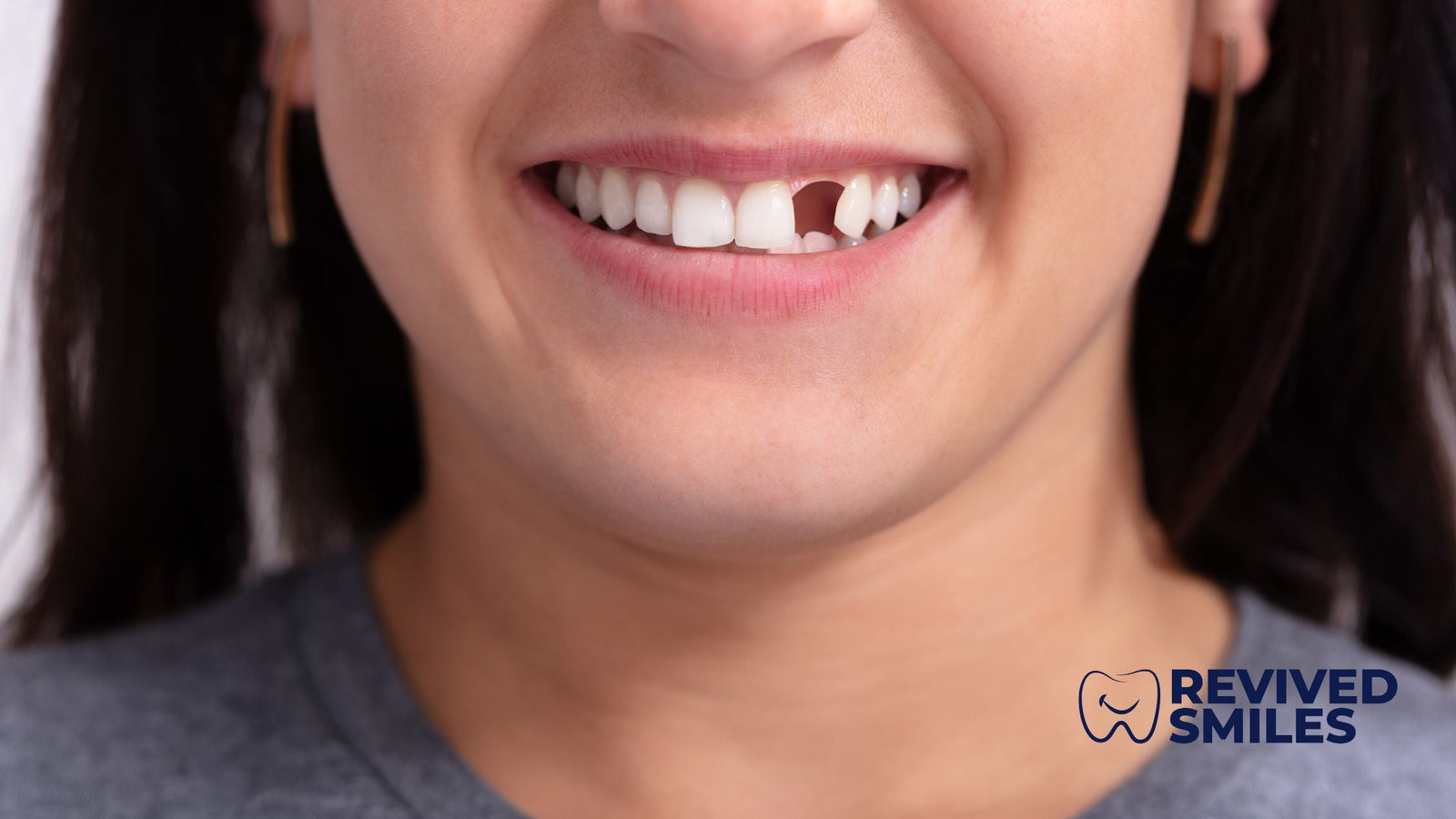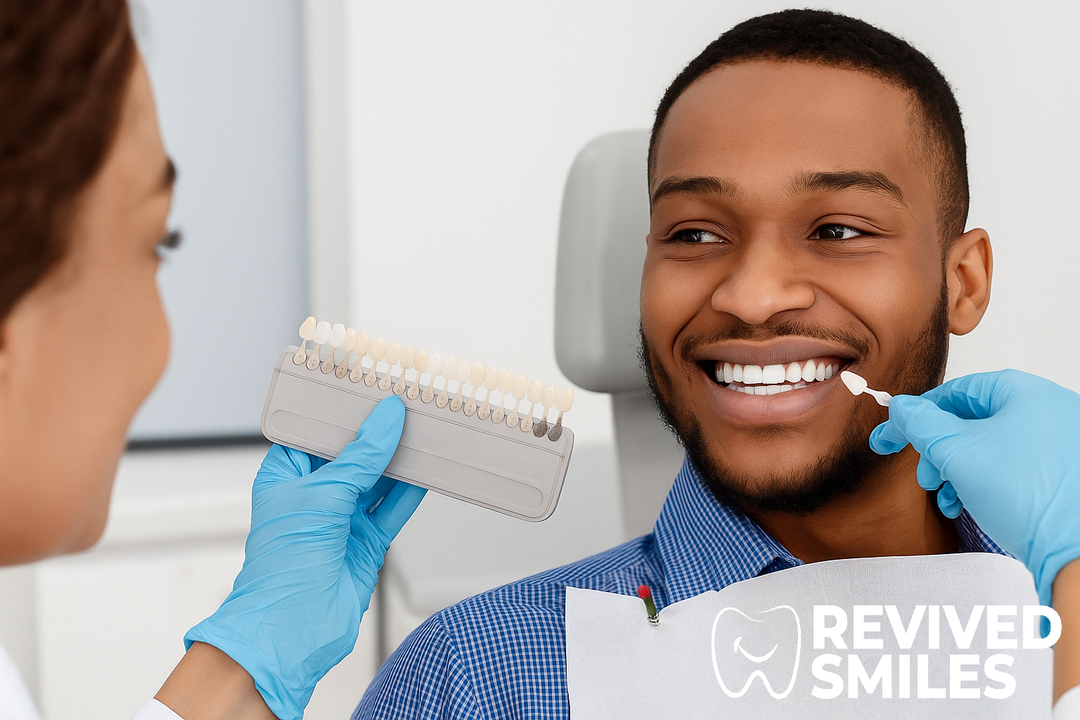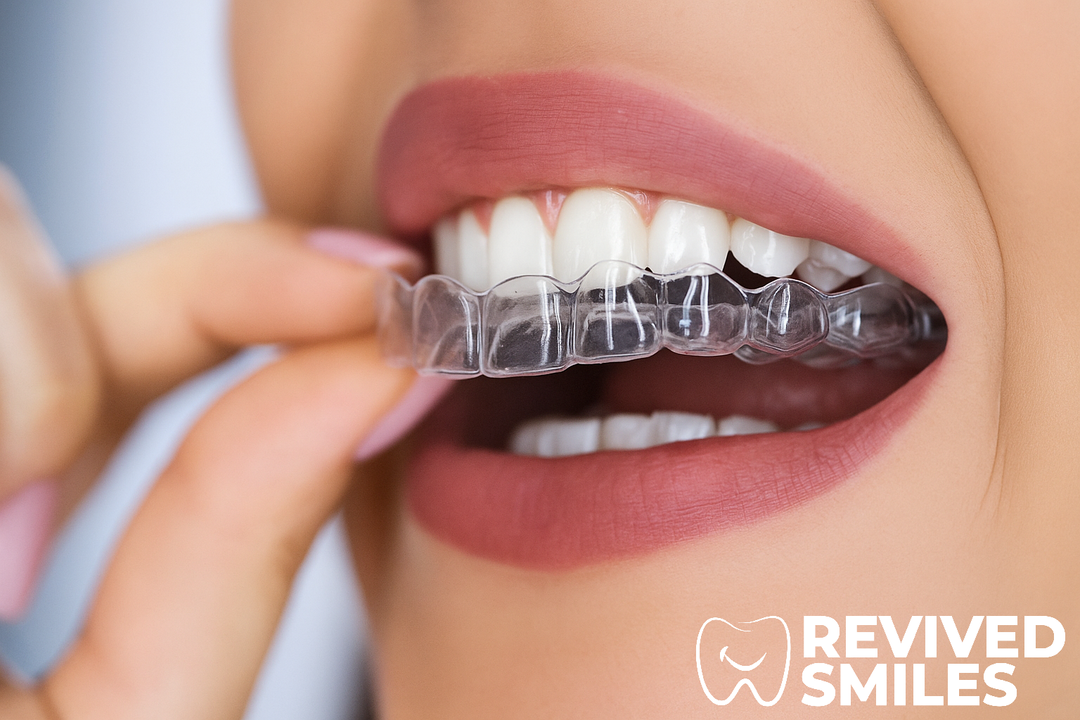From Implants to Dentures: Detailed Guide on Replacing Missing Teeth

Introduction: The Importance of Replacing Missing Teeth
Replacing missing teeth is crucial for maintaining oral health, aesthetics, and overall well-being. Missing teeth can affect your ability to chew, speak, and smile confidently. Additionally, they can lead to further dental issues, such as misalignment and bone loss. This guide explores the various options available for replacing missing teeth, detailing their processes, benefits, and suitability.
Options for Replacing Missing Teeth
1. Dental Implants
What Are Dental Implants? Dental implants are titanium posts surgically inserted into the jawbone to serve as artificial roots for replacement teeth. They provide a stable and permanent solution for missing teeth, supporting crowns, bridges, or dentures.
Process of Dental Implants:
- Consultation and Planning: The dentist evaluates the patient's oral health, bone density, and suitability for implants.
- Implant Placement: The titanium post is surgically placed into the jawbone and left to integrate with the bone over several months.
- Abutment Placement: After osseointegration, an abutment is attached to the implant, serving as the connection for the crown.
- Crown Placement: A custom-made crown is fixed onto the abutment, completing the restoration.
Benefits of Dental Implants:
- Long-lasting and durable.
- Look and feel like natural teeth.
- Prevent bone loss and maintain jaw structure.
- Do not affect adjacent teeth.
2. Dental Bridges
What Are Dental Bridges? Dental bridges are prosthetic devices used to fill the gap left by one or more missing teeth. They consist of artificial teeth anchored by crowns on adjacent natural teeth or implants.
Process of Dental Bridges:
- Consultation and Preparation: The dentist assesses the patient's needs and prepares the adjacent teeth by reshaping them to accommodate the crowns.
- Impressions: Impressions of the prepared teeth are taken to create a custom bridge.
- Fabrication: The dental lab fabricates the bridge based on the impressions and specifications provided by the dentist.
- Placement: The dentist fits and cements the bridge onto the prepared teeth, ensuring a precise fit.
Benefits of Dental Bridges:
- Restore the ability to chew and speak properly.
- Prevent remaining teeth from drifting out of position.
- Provide a natural-looking solution for missing teeth.
3. Dentures
What Are Dentures? Dentures are removable prosthetic devices that replace missing teeth and surrounding tissues. They come in two main types: complete dentures for those who have lost all their teeth and partial dentures for those with some remaining natural teeth.
Process of Dentures:
- Consultation and Impressions: The dentist evaluates the patient's oral health and takes impressions of the gums and any remaining teeth.
- Model Creation: The dental lab creates a model of the dentures using the impressions.
- Try-In: A trial set of dentures is made for the patient to try, allowing for adjustments to ensure a comfortable fit.
- Final Denture Fabrication: The final dentures are crafted and fitted, with adjustments made as needed.
Benefits of Dentures:
- Improve appearance and restore smile.
- Enhance the ability to chew and speak.
- Support facial muscles and prevent sagging.
The Role of a Dental Laboratory in Replacing Missing Teeth
Dental laboratories play a crucial role in the process of replacing missing teeth. They are responsible for crafting high-quality prosthetics based on the specifications provided by dentists. The involvement of a dental lab includes:
1. Fabrication of Prosthetics
Dental labs use advanced technologies and materials to fabricate dental implants, bridges, and dentures. Techniques such as CAD/CAM (Computer-Aided Design and Computer-Aided Manufacturing) ensure precision and quality.
2. Customization and Precision
Every prosthetic is custom-made to fit the patient's unique dental anatomy. Technicians meticulously match the color, shape, and size of the replacement teeth to the patient's natural teeth, ensuring a seamless and natural look.
3. Quality Control
Dental labs perform rigorous quality control checks to ensure that every prosthetic meets the highest standards of fit, function, and aesthetics. This includes checking for proper alignment, bite, and overall appearance.
4. Collaboration with Dentists
Dental labs work closely with dentists to ensure that the prosthetics meet the patient's needs. This collaboration involves continuous communication and adjustments to achieve the perfect fit and functionality.
Conclusion
Replacing missing teeth is essential for maintaining oral health and improving quality of life. Whether through dental implants, bridges, or dentures, there are various effective solutions available. If you are looking for high-quality dental replacements, consider Revived Smiles. They offer a range of affordable at-home dental appliances, including partial dentures, full dentures, retainers, and nightguards. With a commitment to precision, convenience, and customer satisfaction, Revived Smiles ensures you receive the best dental solutions tailored to your needs.





Leave a comment